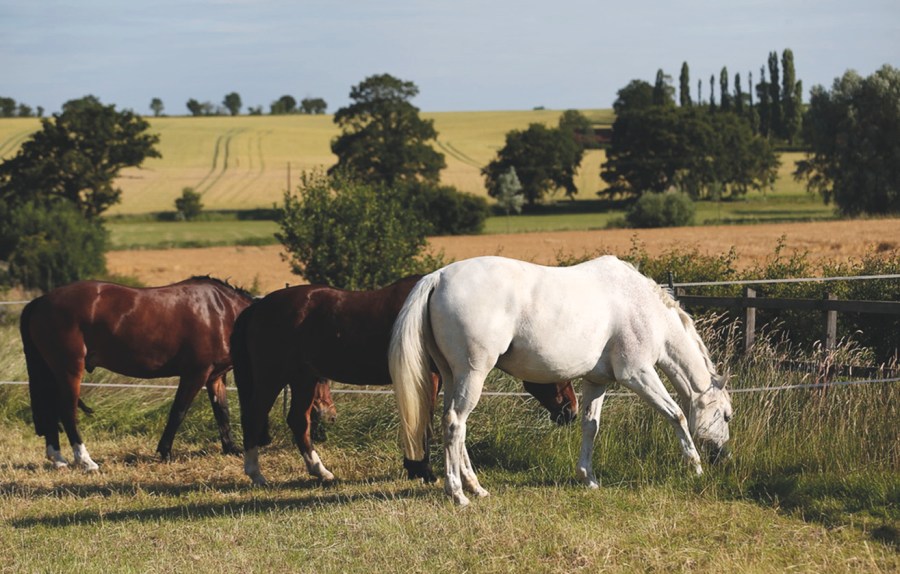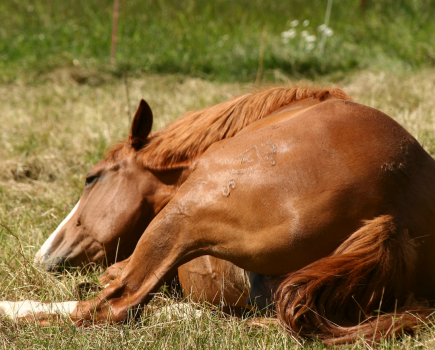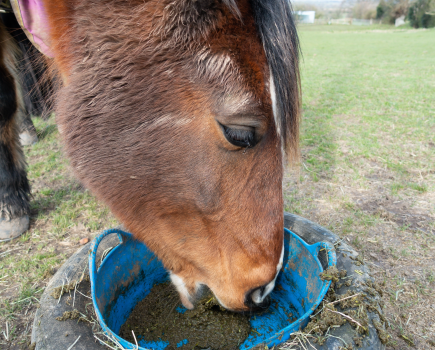As the trees shed their leaves, soon seeds follow. And as many horse owners are aware, acorns and sycamore seed pods are poisonous to our equines, with potentially fatal consequences if they consume them.
Katherine Hall MRCVS explains what you need to know about each, including the signs to look out for.
Acorn poisoning
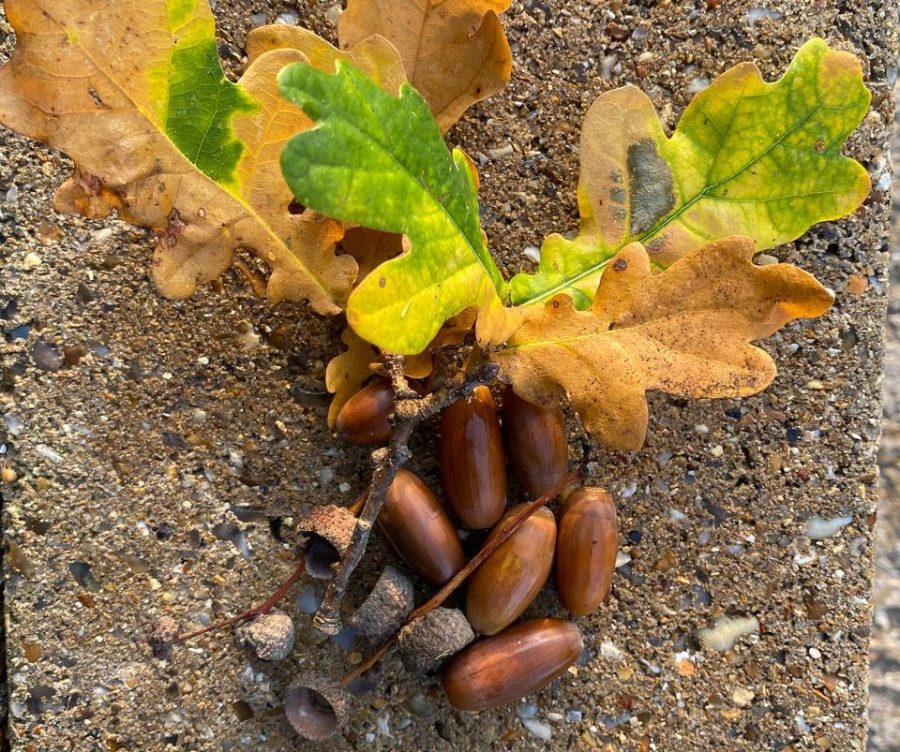
It’s best to keep your horse away from acorns
Acorn poisoning is a bigger threat at the end of a long, hot summer. This is because when grass is scarce, horses are more likely to eat them. Like ragwort, acorns are toxic and horses don’t tend to consume them unless they’re hungry and spend a lot of time turned out.
Toxicity levels vary from year to year, but if you spot any acorns at all, it’s best to keep your horse away from them.
“Toxic acid in acorns causes damage to the horse’s liver and kidneys, sometimes inducing colic,” warns Katherine.
Acorn poisoning can be fatal. If your horse consumes a large amount and shows clinical signs of poisoning, call your vet immediately.
Symptoms include:
- Colic
- Dehydration
- Dull coat
- Loss of appetite
- Frequent urination
- Constipation
- Slow or irregular heart rate
You need to prevent your horse from being able to access acorns that have been blown off trees, so don’t turn them out in a field with an oak tree. At the very least, cordon off the area with electric fencing to keep your horse away.
If your field has oak trees, consider letting pigs graze it first. Pigs love acorns and can eat them safely. This technique is used in the New Forest every autumn when up to 600 pigs and piglets are let loose to guzzle the acorns and keep the ponies safe.
Atypical myopathy
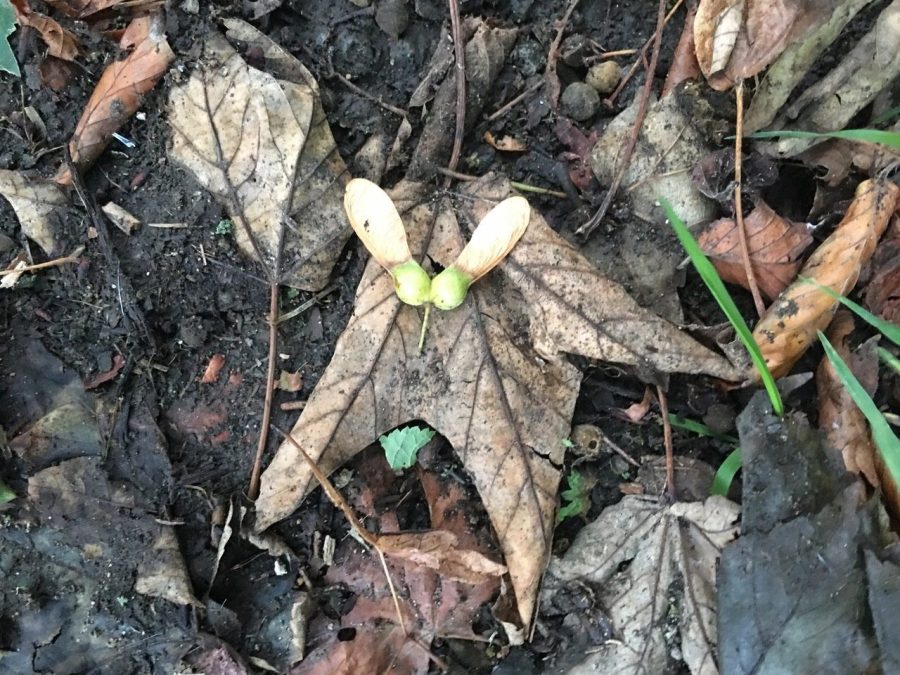
Sycamore seeds can be fatal if ingested
Another threat that should be on every horse owner’s radar is atypical myopathy. This deadly condition comes from a toxicity poisoning similar to acorns, except this time horses become ill from ingesting the leaves and seed pods that fall from sycamore trees.
Symptoms include:
- Muscular weakness and stiffness
- Dark urine
- Colic-like symptoms
- Shivering
- Sweating
- Fatigue
As with acorn poisoning, the best way to prevent atypical myopathy is to pay close attention to your horse’s pasture and the surrounding fields. If you know there are sycamore trees in the vicinity of their field (remember the seeds can be carried in the wind), then regularly inspect the field and remove them.
It’s also worth supplying your horse with extra forage to make them less likely to eat any fallen seed pods they may come across. If there are sycamore trees in their field, then fence them off as soon as possible.
Meet the expert: Katherine Hall MRCVS is an equine vet who has been based at Minster Equine Veterinary Clinic in North Yorkshire.

